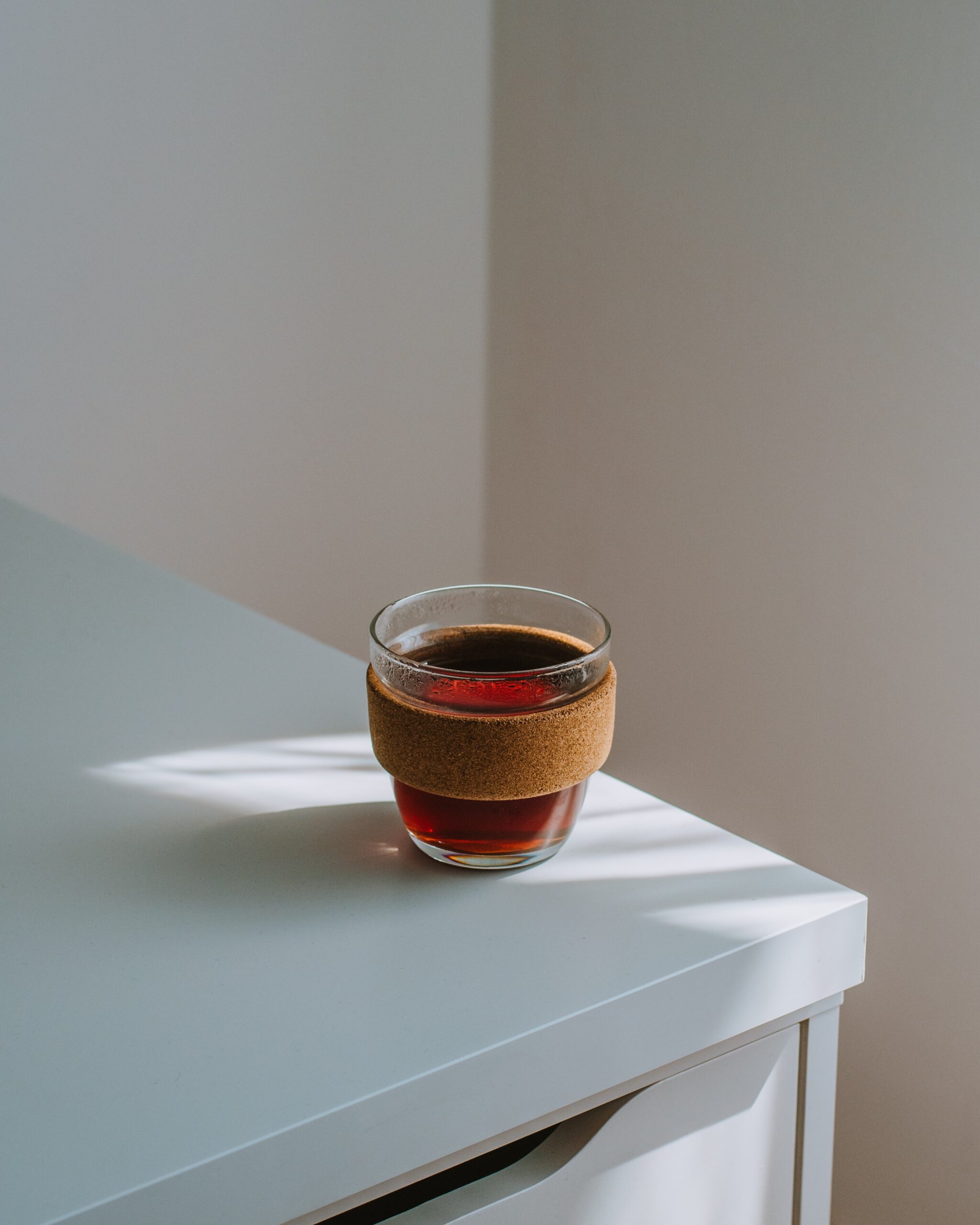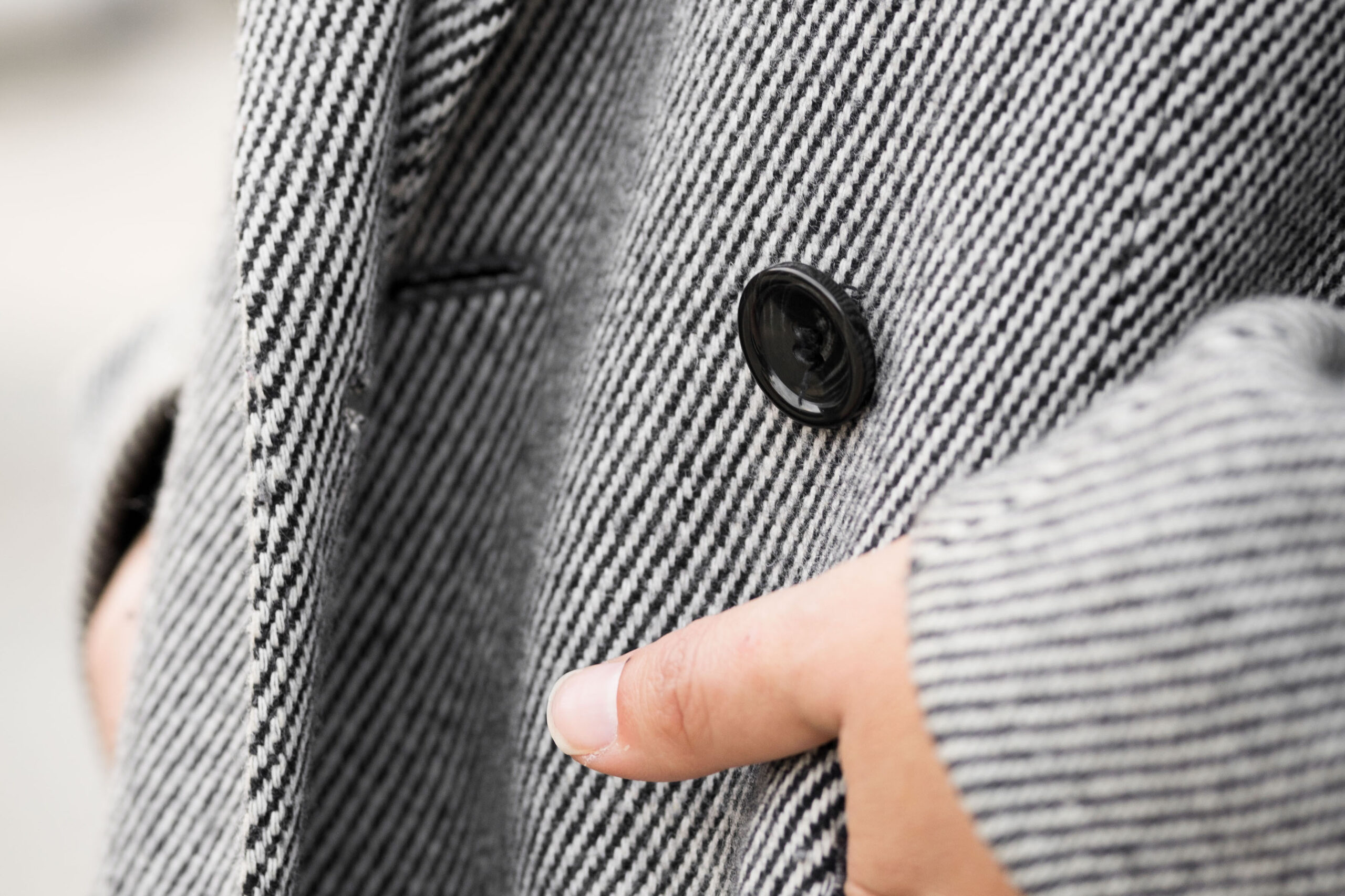
10 Simple Ways To Start Being More Sustainable
What does it mean to live a more sustainable lifestyle?
It’s the question I’ve been asking myself for the last year or so now. There are many simple ways to start being more sustainable. Since 2015 I’ve been a big advocate of minimalist living and have found that the concepts of minimalism and sustainable living go hand in hand. Wikipedia gives a pretty good definition on what it means to live sustainably:
Sustainable living describes a lifestyle that attempts to reduce an individual’s or society’s use of the Earth’s natural resources, and one’s personal resources.
There are many ways to start being more sustainable, and you can use them as a building block to continue learning about sustainability. Here are 10 simple ways to start being more sustainable:
1. Buy a reusable coffee cup
Buying a reusable cup (and actually using it) is one of the simplest ways to be more sustainable. According to the NSW Environment Protection Authority, 1 billion disposable coffee cups end up in landfill across Australia. Most takeaway coffee cups are not recyclable because the plastic lining on the inside (which makes the cup waterproof) makes it unable to be processed in most paper recycling mills. Personally I really struggle to remember my cup and since I’m a regular coffee drinker, I have two that I swap through so that if one is dirty, I’ve still got another raring to go!
2. Unplug appliances and switch off lights
Something you can immediately implement is getting into a habit of unplugging appliances and switching off all unnecessary lights; it will do the earth (and your electricity bill) a world of good. Electricity usage contributes to twenty percent of Australia’s Green House Gas (GHG) emissions per year. This comes from transport, heating and cooling and you guessed it, appliances. When you have appliances plugged in at the wall that are not being used, the appliance is still consuming unnecessary energy. The added bonus is you can save up to a few hundred dollars a year if you can get into the habit of switching off your appliances, and who doesn’t want that! This tip is definitely a quick way to start being more sustainable immediately.
There are so many environmental impacts to leaving electronics plugged in. We live in a country that takes resources for granted so I understand how it can be easy for people to just leave things plugged in and not think twice about it. People need to keep in mind that not only are you wasting precious energy but you are wasting money – Karen Norwood
3. Question where your clothes come from
Fast fashion, it’s something that we have ALL bought at one point or another. Fast fashion is the mass production of clothes which are sold at cheap prices for the consumer. They are not great quality, and are designed based on catwalk designs. As you can imagine, these clothes fall apart after a few wears and the consumer will move on to buying the next product. What’s even more disturbing is that the reason these clothes are so cheap is because they are not made ethically or sustainably. But don’t worry, you don’t need to deep dive into research to find out which brands are ethical and sustainable, the free app goodonyou does it all for you! Next time you’re about to purchase something, how about typing in the name of the brand into goodonyou first? It’ll help you to start slowly opening your eyes to the world of ethical and sustainable fashion.
4. Banish plastic containers
The war on plastic is a well-known one. Did you know that Australians use 130kg of plastic every year? What’s even more disturbing is that less that 12% of that is recycled. Invest in glass and bamboo containers that are microwave, freezer, and dishwasher safe. Seed & Sprout have bundles of gorgeous containers available on their website. Take a look around the rest of their website too if you’re feeling inspired to really make your house eco friendly.
We make so many things that don’t require the longevity that plastic has; we don’t need a straw that we will use to sip one drink that will stay in the environment forever – Heidi Taylor of Tangaroa Blue
5. Source local ingredients
One of my new found favourite things to do is go to my local farmers market on a Sunday and source local organic vegetables. It is incredibly satisfying knowing I am buying and supporting a small local business, as well as getting some fresh and healthy veggies in my tummy! Have a google to see where your closest farmers market is to you and make a day of it! There’s usually heaps of kid friendly activities, as well as little artisan shops scattered around the place.
What makes farmers markets such a special place is that you’re actually creating community around food – Bryant Terry (chef)
6. Rug up
How many of you switch on the heater before putting on a jumper first? I know that I certainly am guilty of this. Try and get into a habit of layering up before switching on the energy draining heater. It may take a while, but the earth (and your bill) will thank you for it.
7. Create a 4-bin system
Creating a 4-bin system is super easy as you’ve probably already got two sorted! Most households have their waste (landfill) bin and recycling down pat, however that now leaves your soft plastics bin and compost bin. Soft plastics are relatively straight forward; collect them in a bag or basket and then when you go to do your weekly shop, drop them into the bins outside your local Woolworths store. Woolworths (partnered with REDcycle) turn these soft plastics into bollards, benches and other items to use in their stores.
Composting is a little more complicated but TOTALLY worth it as you are left with amazing soil that you can use in your garden. Seed & Sprout have an excellent blog post on how to compost no matter where you live. Take a look at their gorgeous compost bins as well, which you can leave on your kitchen top before depositing into your outside compost bin.
8. Banish baking paper
Did you know that baking paper can’t be recycled? No judgement here, I use to think you could recycle it! However just like our dear coffee cups, they have a thin plastic lining which makes it difficult for the paper to be separated from it. However no need to worry, there’s a solution! I’ve been using silicone mats from Seed & Sprout for the past month and can honestly say my roast potatoes taste better because of them!
9. Take public transport where possible
A car is totally convenient and I will be the first to say that I drive my car everyday to work as it’s the easier option. A little while ago I was left without the use of my car for three days and discovered how easy it was to take the bus and then train to my workplace and it’s led to me now taking public transport to work more often. Now I’m not saying that I am going to be doing this everyday as it does add minutes on to my daily commute, but taking public transport when I can is another small step towards living a more sustainable lifestyle.
10. Sign up for a eco-friendly cleaning materials subscription
Non-environmentally friendly cleaning products made using single use plastic packaging are one of the worst offenders in the campaign against single use plastics. However the great news is there are many alternatives out there. One such is Zero Co Australia; their bottles are made from ocean, beach and landfill bound plastic, and the refillable pouches are made from recycled materials diverted from landfill (once you’ve finished with them, you send them back to get refilled). Their Starter Box includes hand wash, body wash, laundry liquid and seven other cleaning goodies, as well as nine reusable dispensers. What I love most about having a subscription is it’s a very efficient way to always have everything you need, no more specific visits to the supermarket just to get laundry liquid! It’s a quick way to start being more sustainable.
Photo by Goran Ivos on Unsplash




